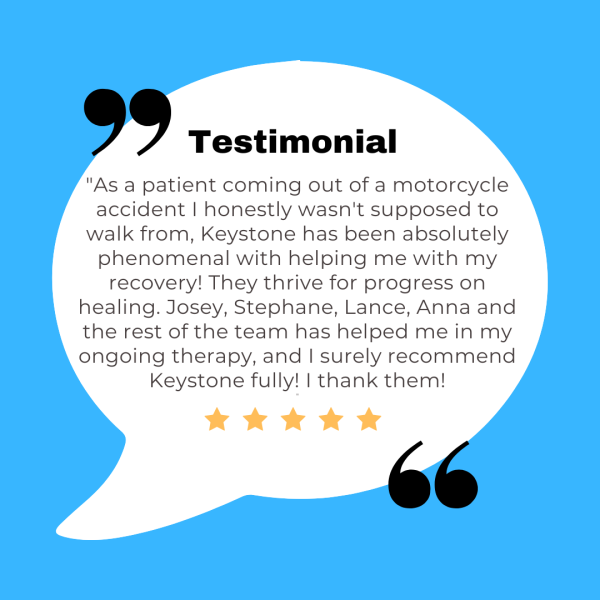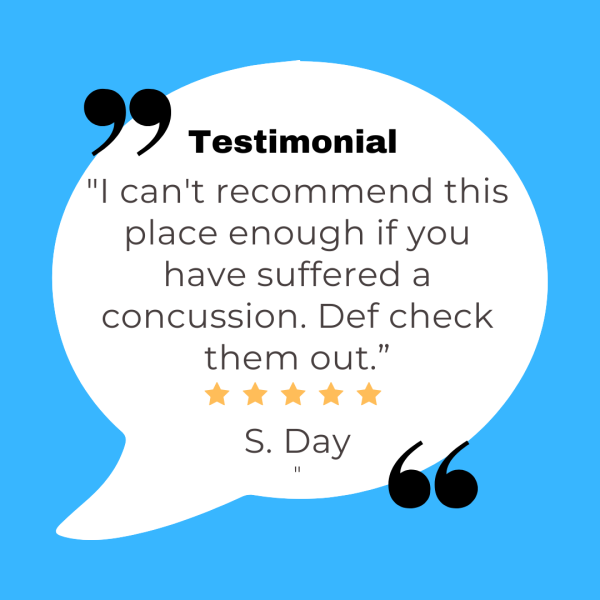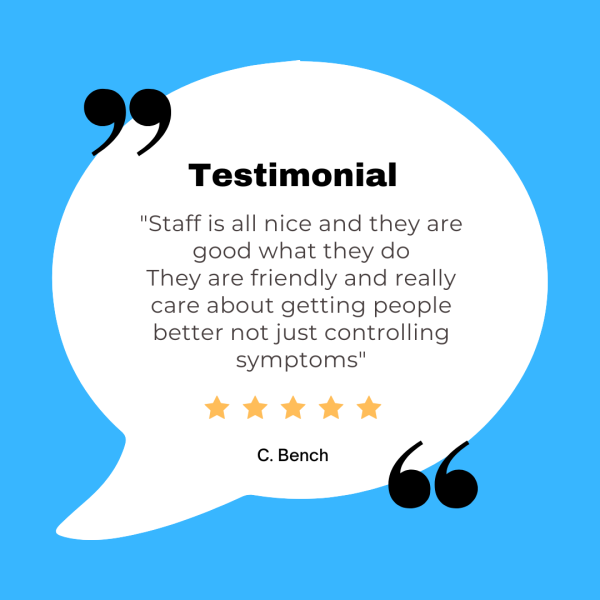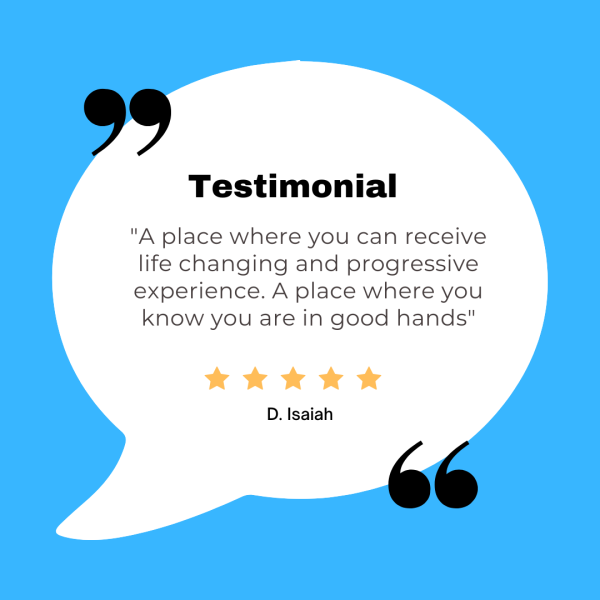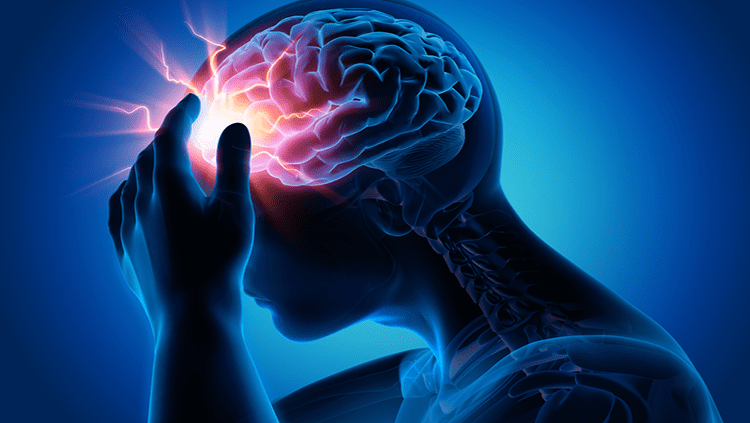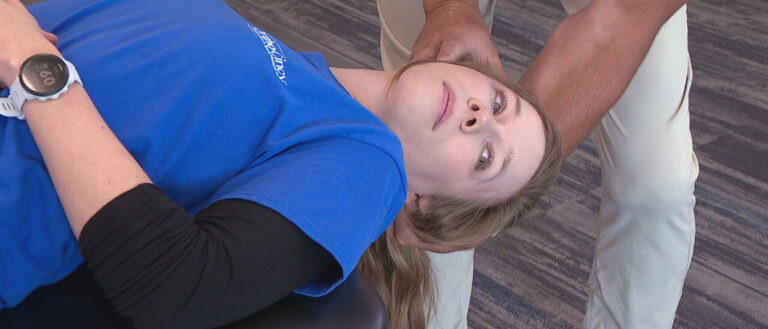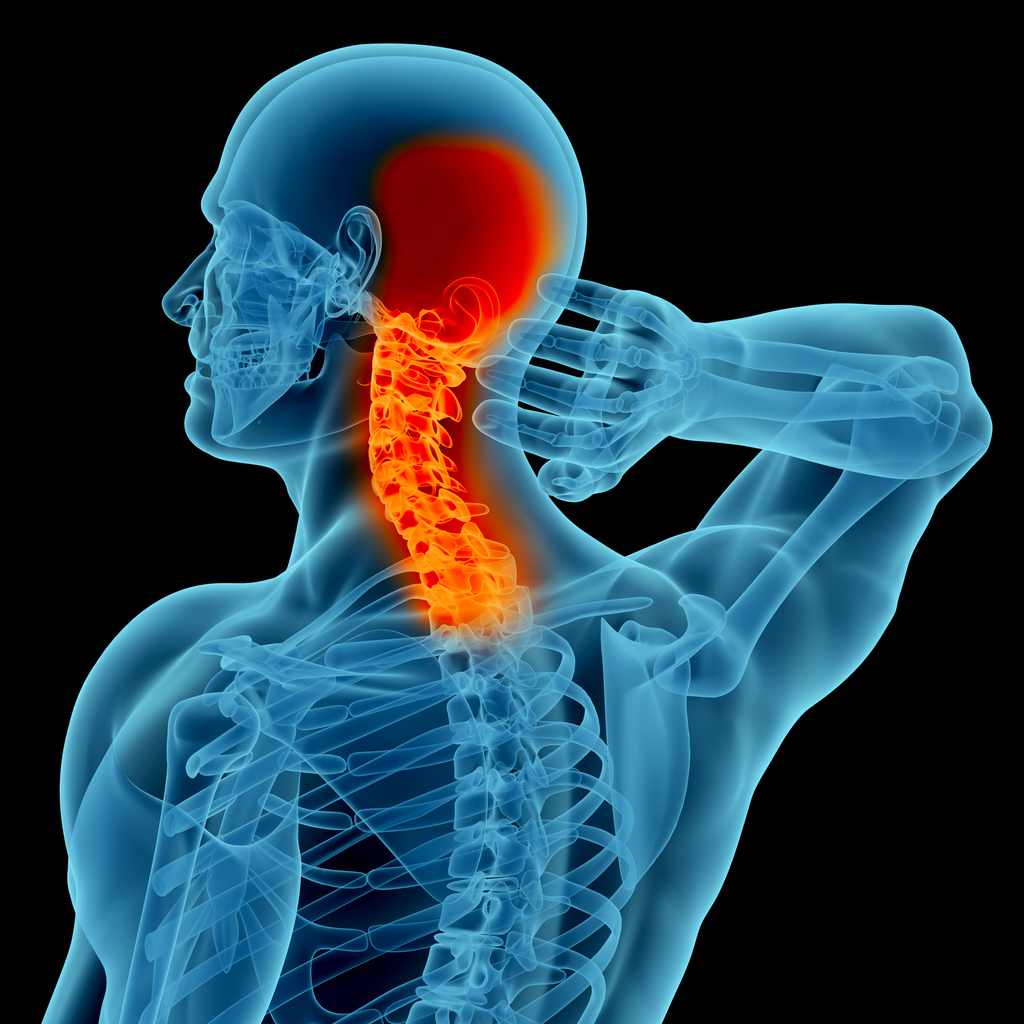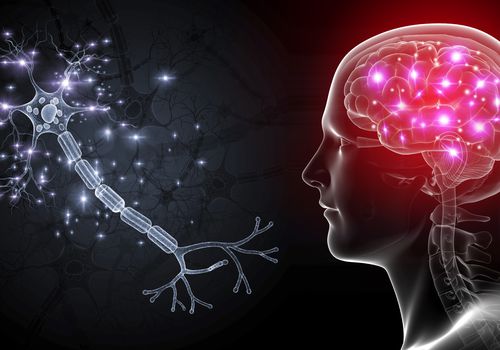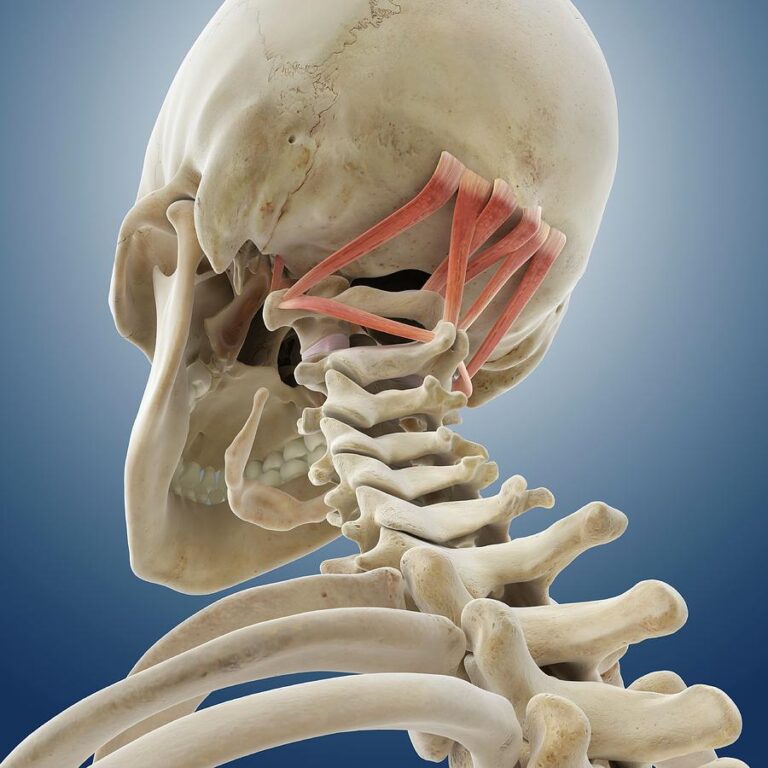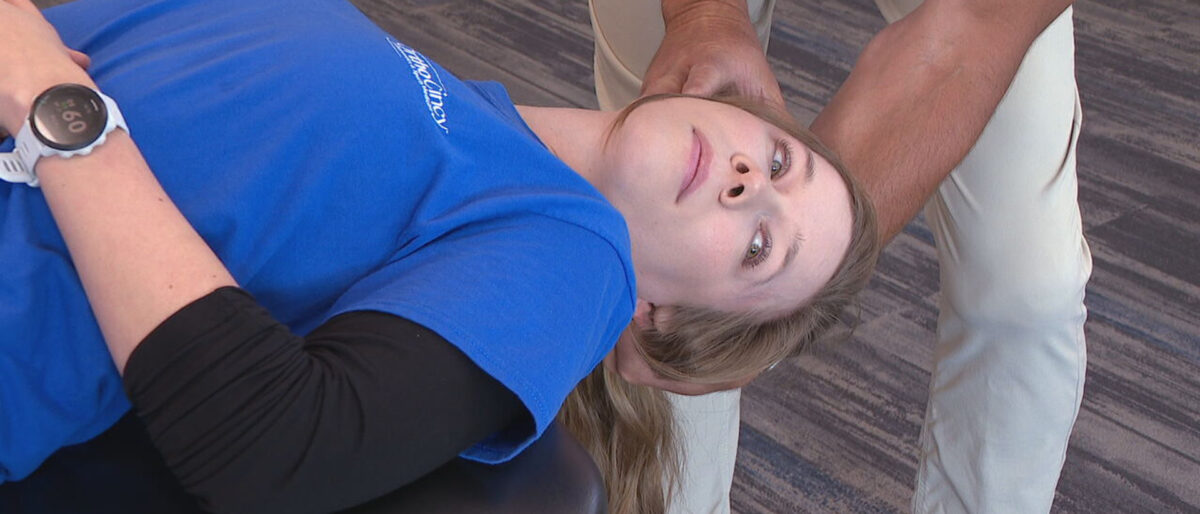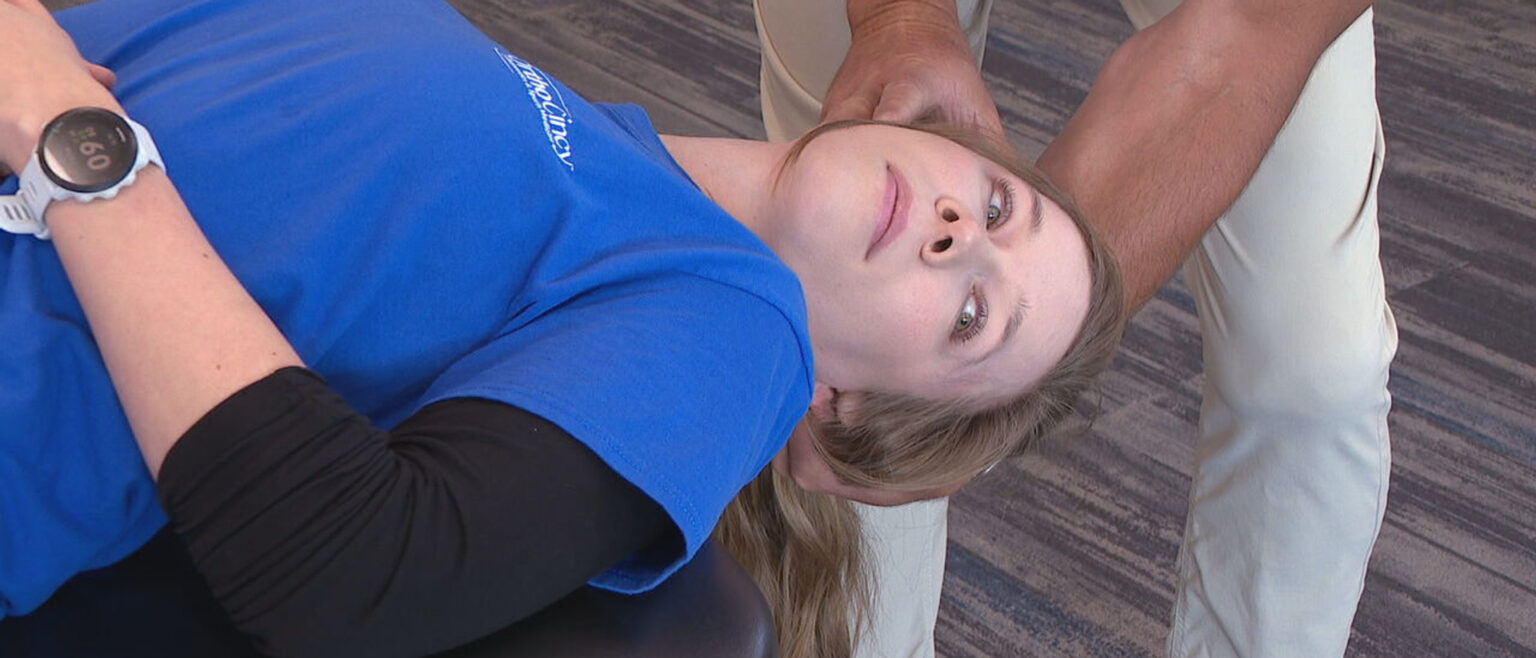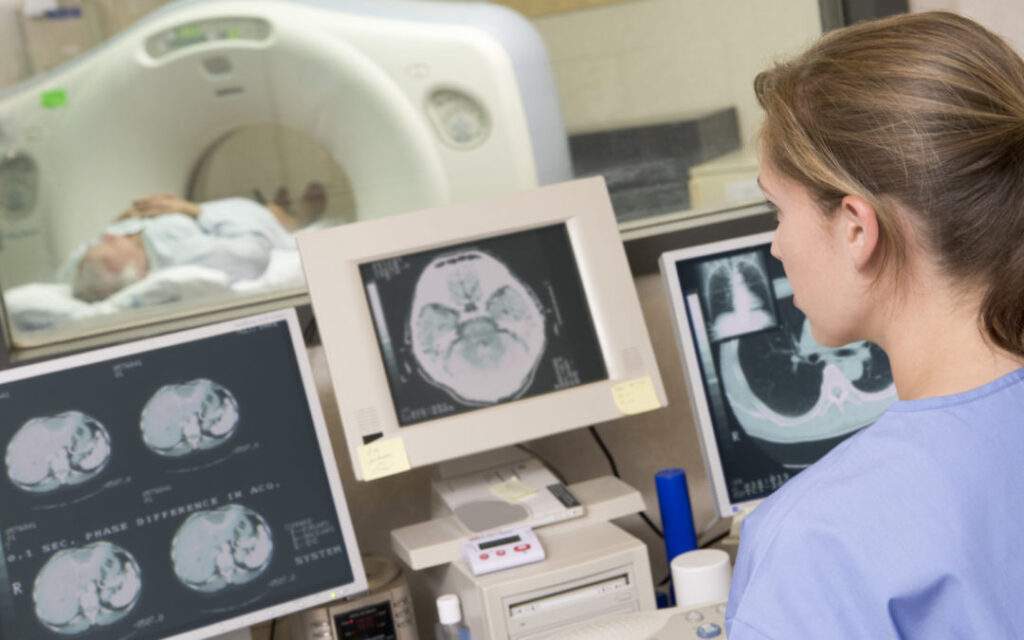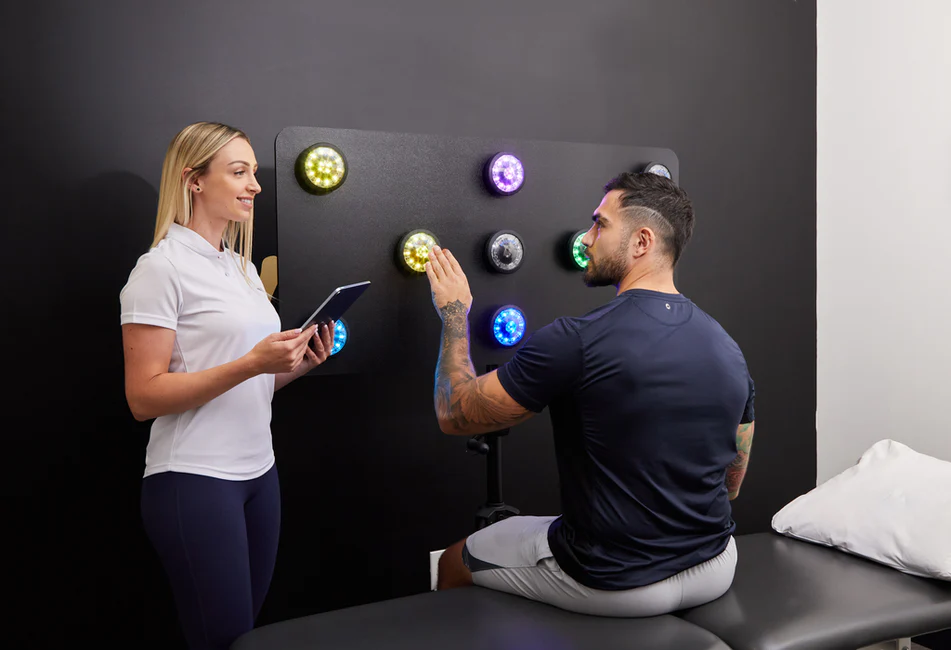
Personalized Speech Therapy for Brain Injury in Kansas City
Recovering from a brain injury or personal injury often involves challenges beyond physical symptoms. Cognitive difficulties, communication problems, and swallowing issues can interfere with daily life, work, and social interactions. At Keystone Medical Group, we provide personalized speech therapy designed to address each patient’s unique needs, helping them regain communication skills, cognitive function, and independence. Our services serve patients throughout Kansas City, Overland Park, Lee’s Summit, Independence, Liberty, North Kansas City, Raytown, and surrounding areas.
Why Quality Injury Documentation Matters
Injury documentation is more than a series of notes. It serves several important purposes. It provides a clear record of the patient’s diagnosis, the progression of symptoms, objective findings, and response to treatment. Insurance companies, employers, attorneys, and other professionals may rely on this information when reviewing a claim or determining next steps.
Clear documentation reduces confusion and helps improve communication among everyone involved. It ensures that the patient’s condition and progress are accurately represented and that treatment decisions are supported by clinical findings.
Our Personalized Treatment Approach
At Keystone Medical Group, speech therapy is never one-size-fits-all. Every patient receives an individualized care plan based on their symptoms, goals, and daily needs. Our treatment approach focuses on comprehensive evaluation, customized therapy plans, functional real-life outcomes, and collaborative care.
Comprehensive Evaluation
Before therapy begins, our speech-language pathologists perform a detailed assessment to identify communication and cognitive challenges. Evaluations may include cognitive communication testing, expressive and receptive language assessments, speech articulation and voice analysis, and swallowing evaluations when needed. After the assessment, findings are explained clearly, and patients have the opportunity to ask questions about their care.
Customized Therapy Plan
Based on the evaluation, each patient receives a therapy plan tailored to their specific needs. Plans may include targeted cognitive exercises, functional memory strategies, real-world communication activities, swallowing safety interventions, and social communication training. Therapy evolves as the patient progresses to ensure continued improvement and meaningful results.
Real-Life Functional Focus
All therapy is built around real-life outcomes such as improving work performance, returning to school, keeping up with conversations, remembering appointments, and managing daily tasks. Sessions are designed to connect directly to the goals that matter most to each patient.
Collaborative Care
Our therapists coordinate closely with medical providers, physical therapists, occupational therapists, mental health clinicians, and case managers. This multidisciplinary approach ensures that every aspect of recovery is supported and that treatment plans are consistent across all providers.

Conditions Speech Therapy Treats
Speech therapy at Keystone Medical Group supports recovery from a wide range of conditions, including concussion, post-concussion syndrome, mild, moderate, and severe traumatic brain injury, aphasia and language impairments, cognitive communication disorder, dysarthria, swallowing disorders (dysphagia), attention and memory deficits, and executive dysfunction including planning and organization challenges. Our goal is to support full functional recovery and help patients return to meaningful daily activities.
Who Should Consider Speech Therapy
Speech therapy is appropriate for anyone experiencing communication or cognitive problems after a brain injury or personal injury. You may benefit from therapy if you notice difficulty understanding conversations, trouble expressing thoughts, word-finding challenges, memory problems affecting daily life, slowed processing, difficulty concentrating, trouble following instructions, slurred or unclear speech, or swallowing difficulties during meals. Even mild changes can impact work, relationships, and safety, so early support is critical for long-term recovery.
What to Expect at Your First Visit
During your first speech therapy appointment at Keystone Medical Group, patients receive a thorough and supportive evaluation. Initial testing assesses cognitive processing, language skills, speech clarity, voice quality, and swallowing function when needed. You and your therapist will develop clear goals that match what you want to accomplish in everyday life, such as returning to work duties, improving communication with family, or regaining independence in daily tasks. The therapist will then outline a personalized treatment plan, including therapy frequency, recommended techniques, home practice, and strategies for immediate improvement.
Why Patients Choose Keystone Medical Group
Patients across Kansas City choose Keystone Medical Group because we provide experienced clinicians with extensive TBI and concussion training, comprehensive and individualized treatment plans, evidence-based therapy focused on functional outcomes, collaboration with medical providers, physical therapy, and mental health services, strong support for personal injury cases, and a Kansas City-focused clinic dedicated to injury rehabilitation. Our team is committed to delivering compassionate, effective care that supports long-term recovery.
Take the Next Step Toward Recovery
If you or a loved one are struggling with communication, memory, thinking, or swallowing after a traumatic brain injury or personal injury, speech therapy at Keystone Medical Group can help rebuild skills and restore independence. Learn more about our speech therapy services in Kansas City here: Keystone Medical Group – Speech Therapy
